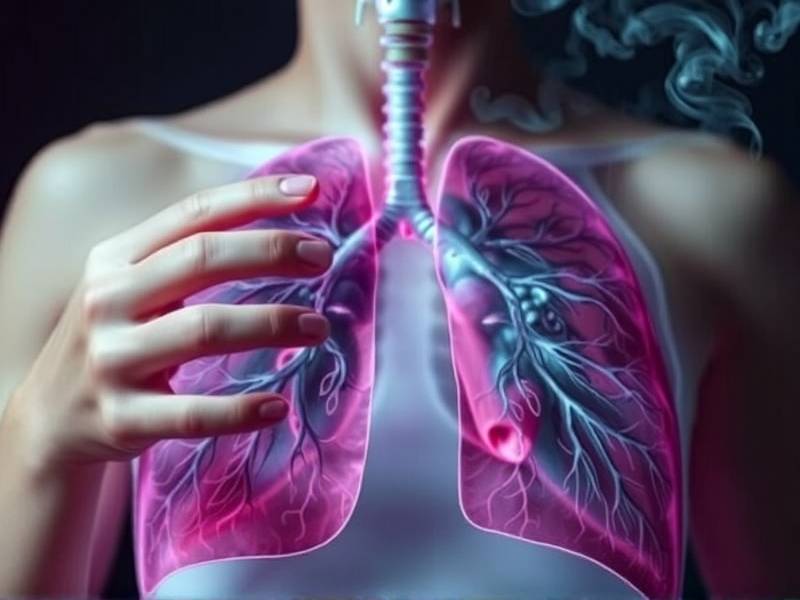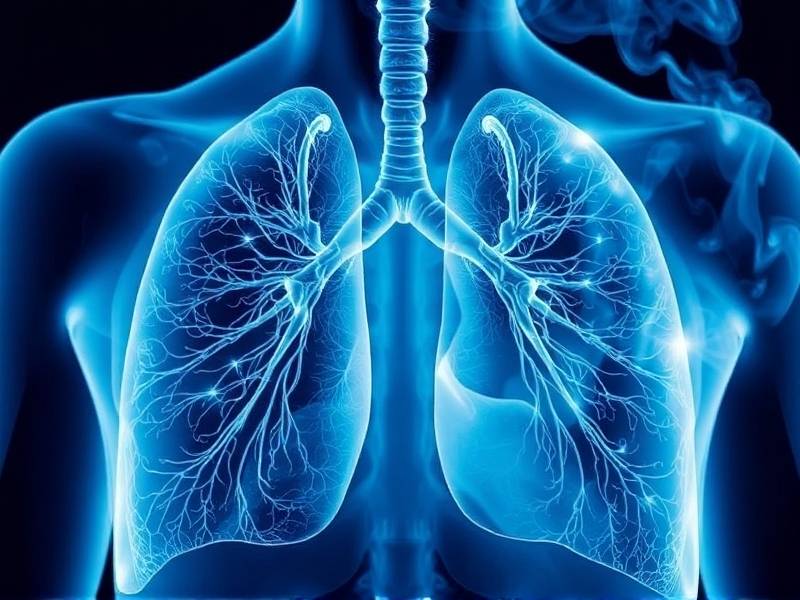Can You Really Repair Your Lungs After Quitting Smoking?
Can You Really Repair Your Lungs After Quitting Smoking?
Introduction: The decision to quit smoking is a significant step towards improving one's health. Many smokers are often concerned about the long-term effects of smoking on their lungs. One common question that arises is whether it's truly possible to repair the lungs after quitting smoking. Let's delve into this topic and explore the potential for lung repair post-cessation.
Understanding Lung Damage from Smoking

Smoking is a leading cause of chronic obstructive pulmonary disease (COPD), emphysema, and lung cancer. The harmful chemicals in tobacco smoke can cause inflammation, damage to lung tissue, and impair the function of lung cells. This damage can lead to a variety of respiratory issues, including shortness of breath, coughing, and reduced lung capacity.

The Healing Process
When you quit smoking, your body begins to heal itself immediately. The first few days post-cessation may be challenging as your body adjusts to the absence of nicotine. However, within weeks, your lungs start to experience positive changes.
- Improved Oxygen Supply: Within a few days after quitting, your oxygen levels increase as your blood vessels begin to relax and expand.
- Decreased Inflammation: Inflammation in the lungs starts to decrease as you stop smoking.
- Cilia Function: The tiny hair-like structures in your lungs called cilia begin to regain their normal function, helping clear mucus and debris from the airways.
The Timeline for Lung Repair
While some improvements can be noticed within weeks of quitting smoking, it's important to note that full recovery may take years or even decades depending on various factors such as age, overall health status, and the duration and intensity of smoking.
- First Year Post-Quitting: Within one year after quitting smoking, there is typically an improvement in lung function.
- Five Years Post-Quitting: The risk of developing COPD decreases by half within five years after quitting.
- Ten Years Post-Quitting: Ten years after quitting smoking significantly reduces the risk of developing lung cancer compared to continued smokers.
- Twenty Years Post-Quitting: The risk of dying from COPD is similar to that of someone who never smoked.
Lifestyle Factors for Lung Health
In addition to quitting smoking, adopting a healthy lifestyle can further enhance lung repair:
- Regular Exercise: Engaging in regular physical activity helps improve lung capacity and overall cardiovascular health.
- Healthy Diet: A balanced diet rich in fruits, vegetables, whole grains, lean proteins, and healthy fats supports lung health.
- Avoid Exposure to Pollutants: Minimizing exposure to secondhand smoke and air pollution can help reduce further damage.
Conclusion: While it may not be possible for your lungs to fully revert back to their pre-smoking state, quitting smoking offers a significant opportunity for healing and improved lung function over time. By adopting a healthy lifestyle alongside cessation efforts, you can maximize the potential for repairing your lungs after quitting smoking. So why not take that first step today? Your lungs will thank you!
